Statement by Prof. Jos? Antonio Ocampo, the Chairperson of the CD
SDG #8: Decent work and economic growth
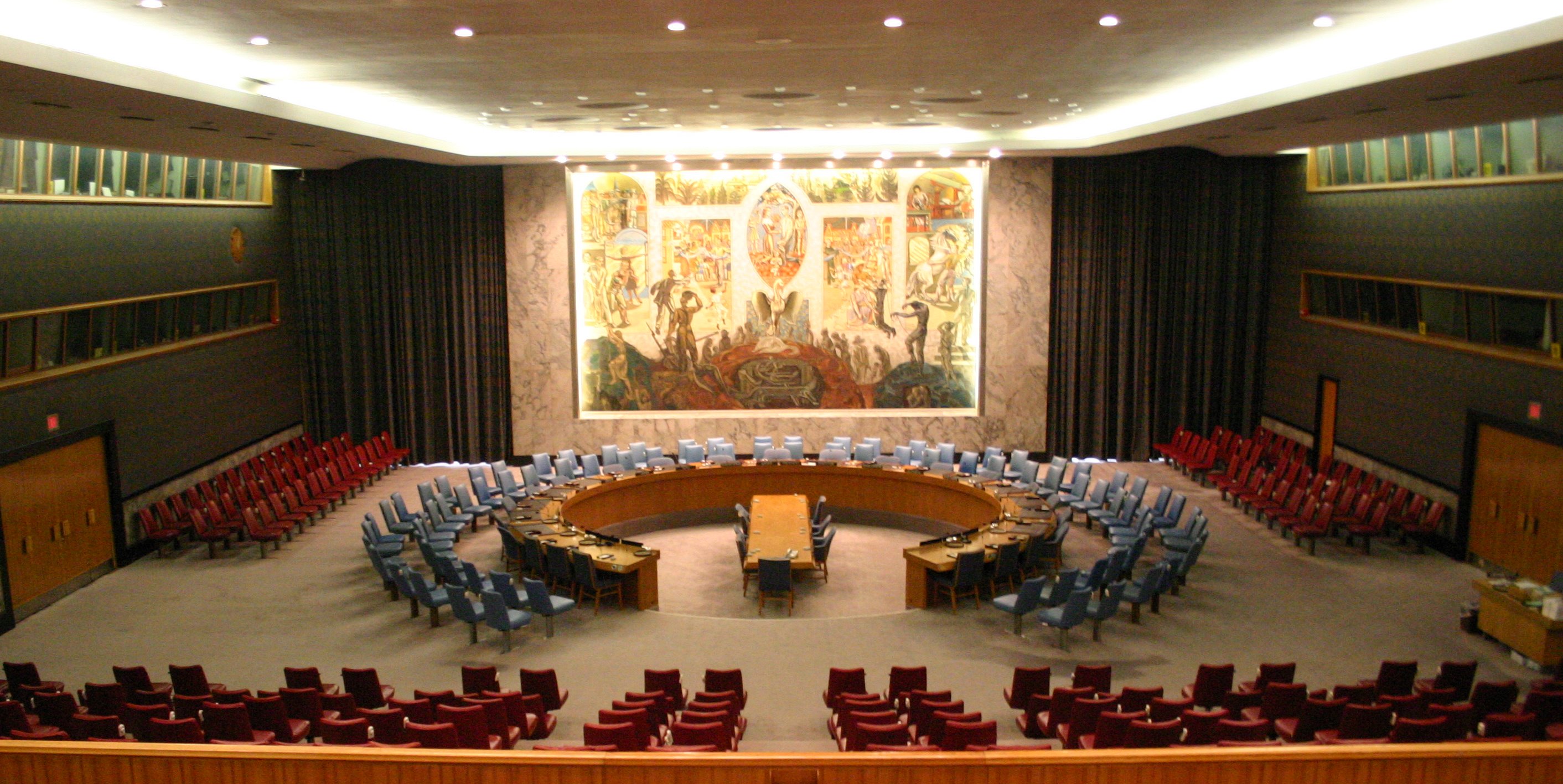
??Central banks in developed and emerging economies ease monetary policy
Agreement reached to extend Greece's bailout programme through June
Inflation pressures increasing in CIS economies, while easing in many other emerging economies
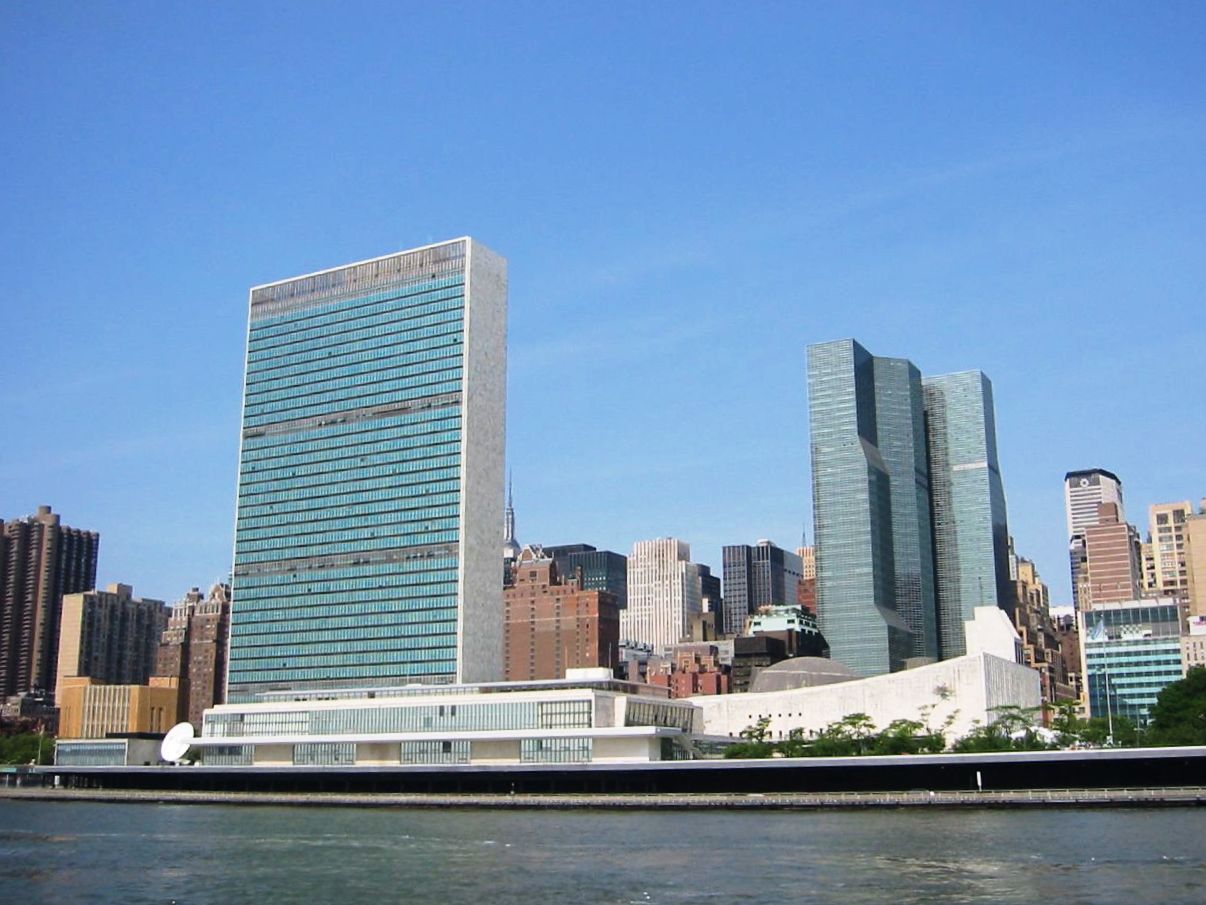
Download the World Economic Situation and Pros
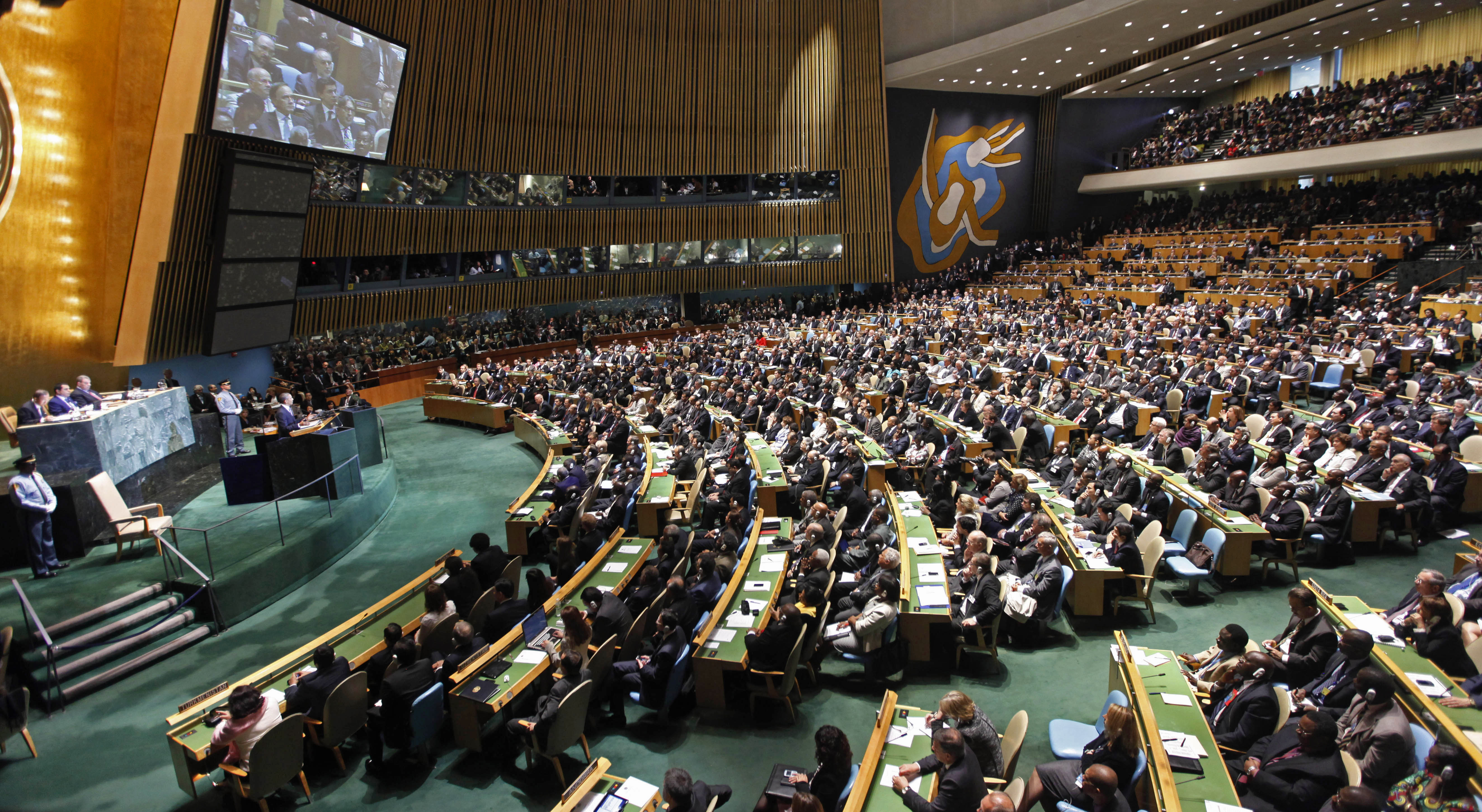
Pingfan Hong, Director of DPAD/DESA, will be presenting his analysis on the growth patterns of MDGs and how it needs to be transformed for the new Sustainable Development Goals this Wednesday, 11 February 2015, 4:00 pm ? 5:30 pm at the United Nati
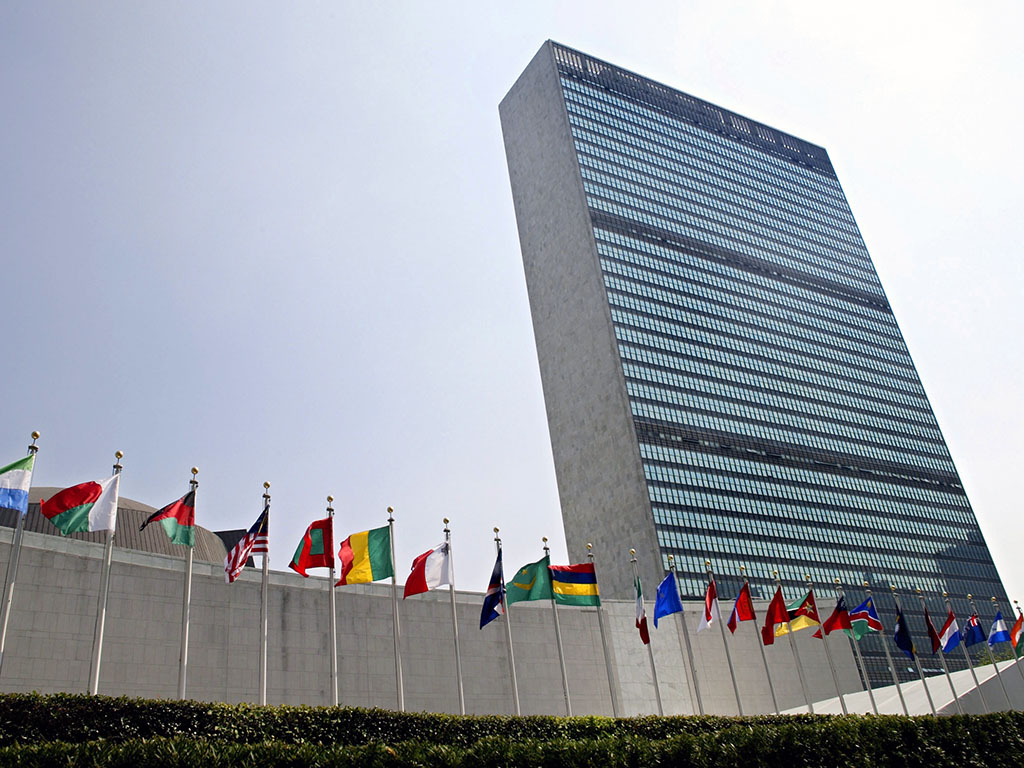
Global economic growth is forecast to increase marginally over the next two years at 3.1 per cent in 2015 and 3.3 per cent in 2016, compared with an estimated growth of 2.6 per cent for 2014. An expected US interest rate increase, remaining euro area
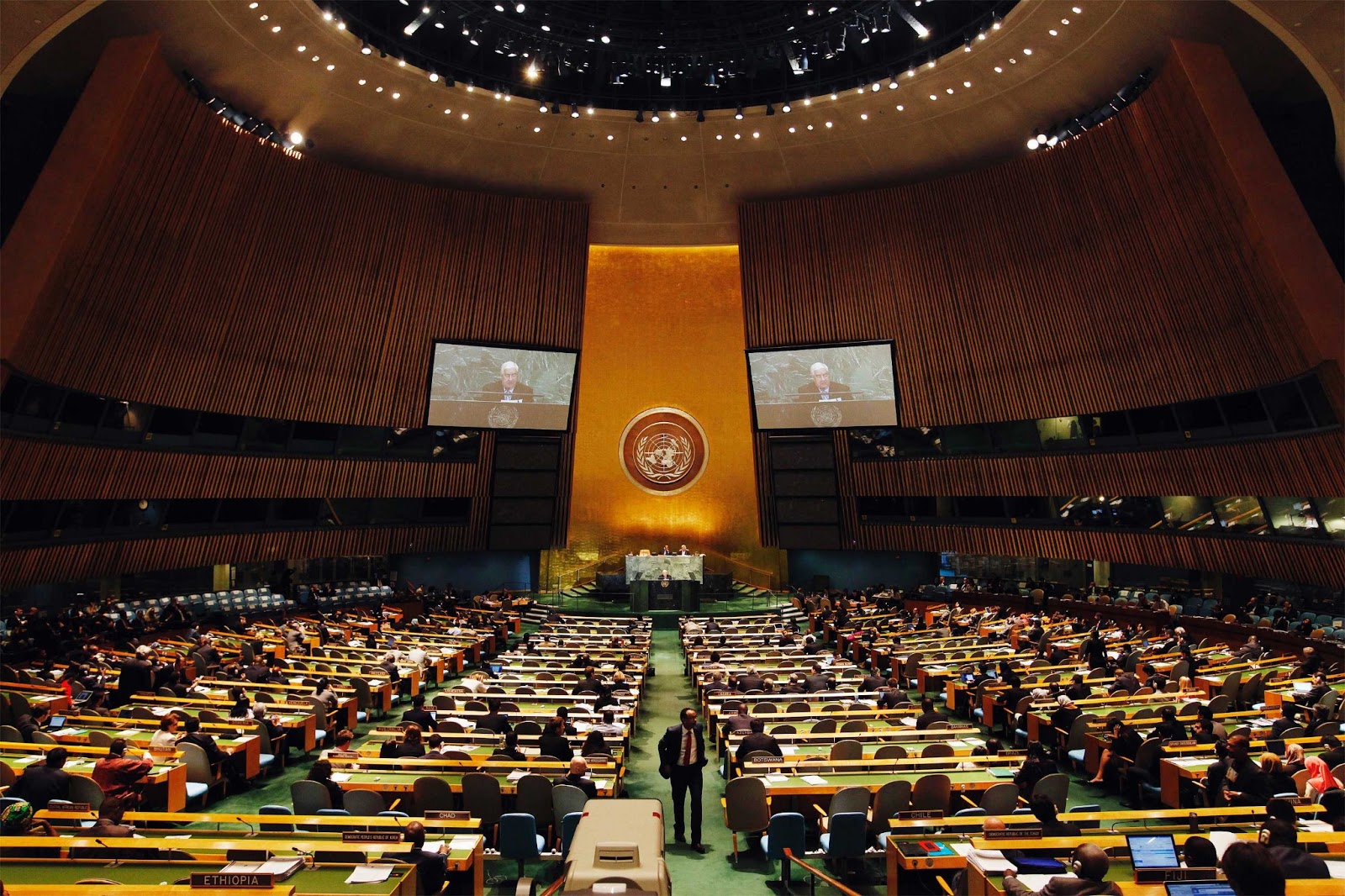
Global economic growth is forecast to increase marginally over the next two years at 3.1 per cent in 2015 and 3.3 per cent in 2016, compared with an estimated growth of 2.6 per cent for 2014. An expected US interest rate increase, remaining euro area
 Welcome to the United Nations
Welcome to the United Nations
